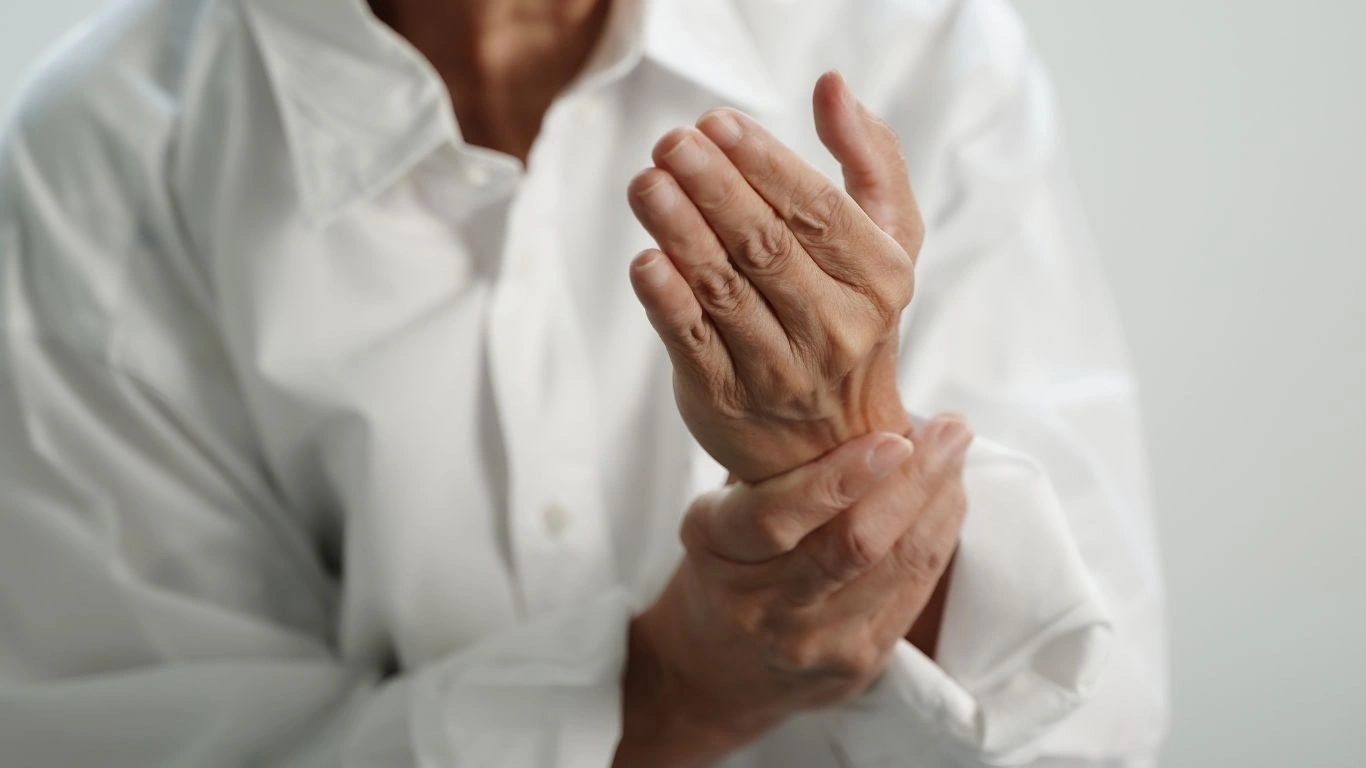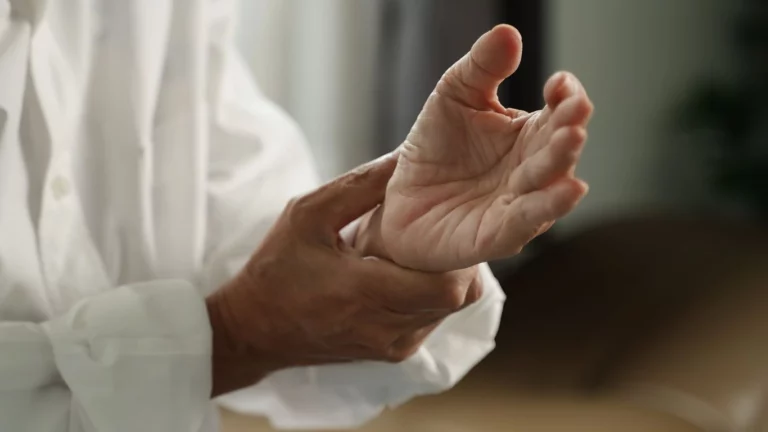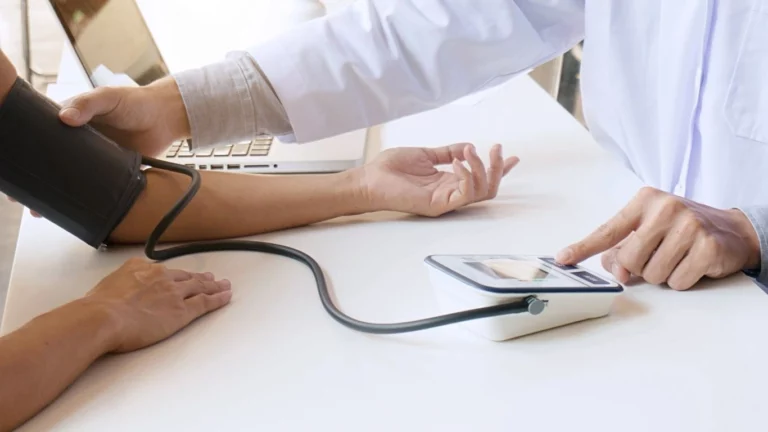Coping with RA as a parent: Small Wins and Big Challenges
As a rheumatology nurse practitioner and a mom myself, I know firsthand that coping with RA as a parent is no easy feat. Between juggling morning stiffness and soccer practice, managing meds while making dinner, and explaining your flares to little ones, it can sometimes feel like you’re trying to run a marathon with ankle weights on. You’re not alone—so many of us are navigating the tightrope of chronic illness and parenthood, and it’s okay if you feel overwhelmed. You’re doing your best, and that’s more than enough.
When Parenting Meets Pain: The Emotional Load
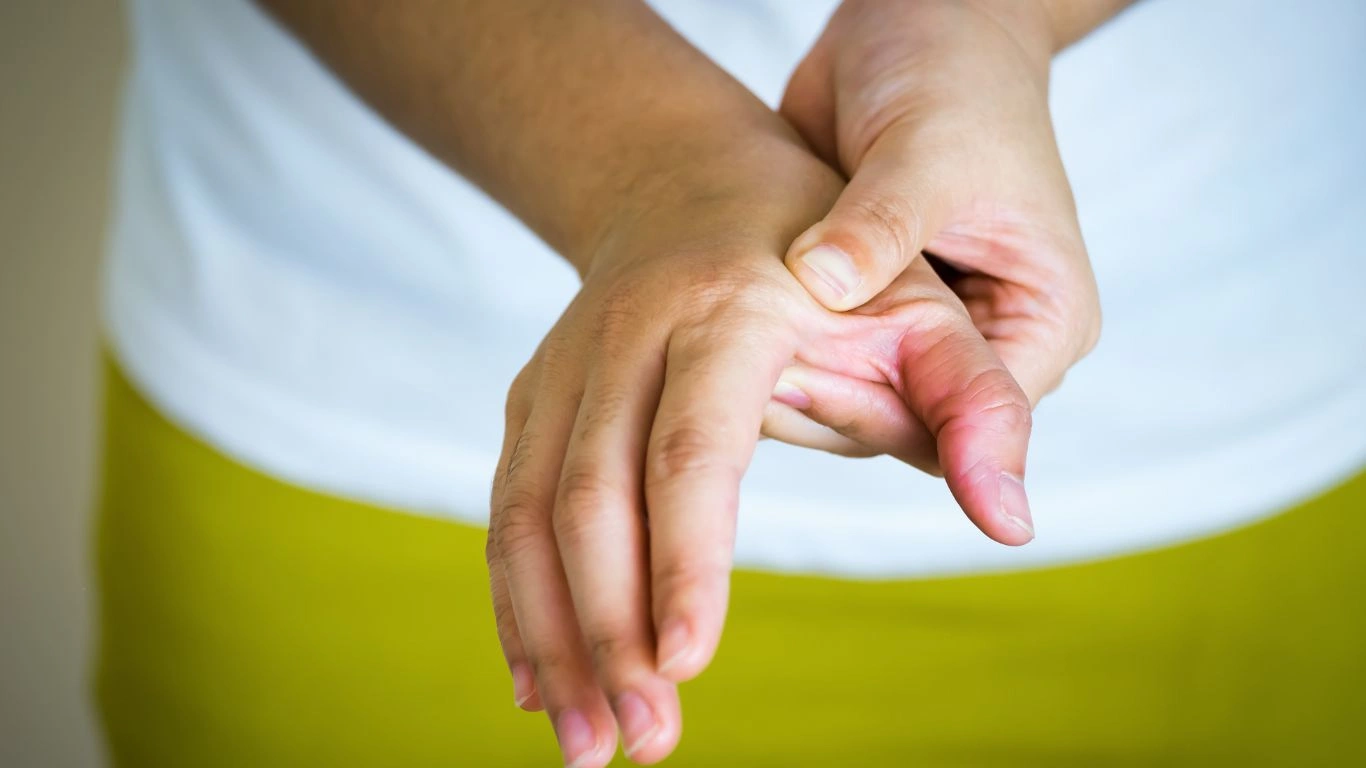
Let’s be real: RA isn’t just joint pain. It’s fatigue that makes you feel like you didn’t sleep at all, brain fog that makes it hard to remember where you put the lunchboxes, and guilt—so much guilt. As a parent, you’re expected to be the rock, the problem-solver, the boo-boo fixer. But when you have RA, some days you’re barely holding yourself together.
I remember one morning—I’d had a rough night with swollen knees and barely made it down the stairs. My daughter asked if I could braid her hair for school like I usually did. My fingers just couldn’t manage it that day. She tried not to look disappointed, but I saw it. And it crushed me. That moment stayed with me—not because I failed, but because it reminded me that I needed to learn a new way of showing up.
Redefining “Good Parenting” with RA
We put so much pressure on ourselves to be perfect. But here’s the thing: good parenting doesn’t mean doing it all. It means being present, even when we can’t do everything physically. Our kids don’t need superhuman parents—they need honest, loving ones.
So how do we adjust?
- Communicate openly: Age-appropriate honesty helps kids understand your condition. It builds empathy and resilience in them.
- Focus on quality time: Maybe you can’t run around the park, but you can cuddle up with a book or play a board game together.
- Celebrate the small wins: Got through the day without a flare? Made it to the school play? That’s huge. Give yourself credit.
Managing Morning Chaos When Joints Won’t Cooperate
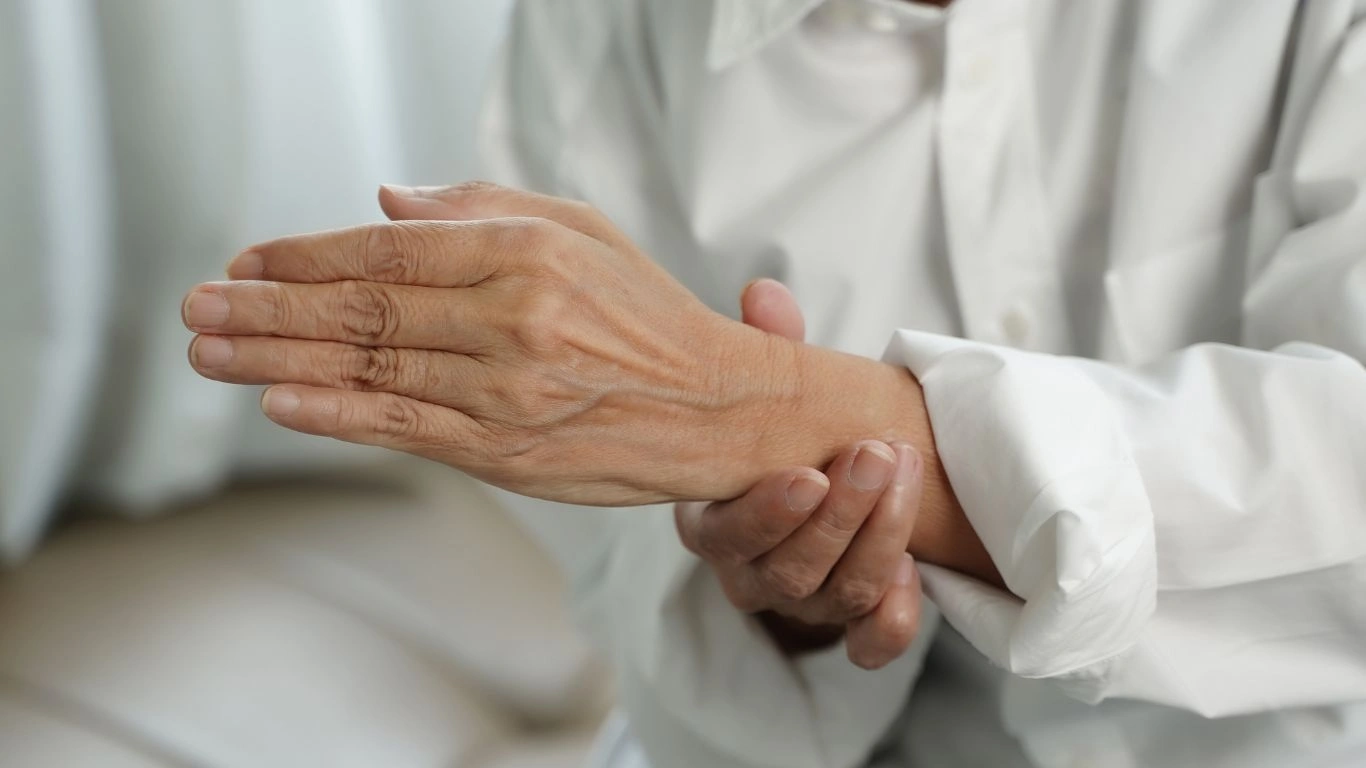
We all know mornings with kids can feel like a hurricane. Add RA flares, and you’re talking full-blown natural disaster. Getting out of bed is sometimes the hardest part—your body feels stiff, heavy, uncooperative. But the kids still need breakfast, backpacks, and a reminder to brush their teeth.
My Go-To Morning Hacks
Over the years, I’ve picked up a few tricks to make mornings smoother. Trust me, you don’t have to reinvent the wheel—just grease it a little.
- Prep the night before: Lay out clothes, pack lunches, and set up the coffee pot before bed (future you will thank you).
- Use voice commands: Smart devices are a game-changer. I use mine to turn on lights, set reminders, even help with homework questions.
- Lean into routines: Predictable steps help both you and the kids stay on track—even if you’re moving a little slower.
These aren’t miracle cures, but they give you back a bit of control. And on days when things still fall apart, that’s okay too. Your kids are watching how you adapt. That’s resilience in action.
Balancing Flares and Family Time
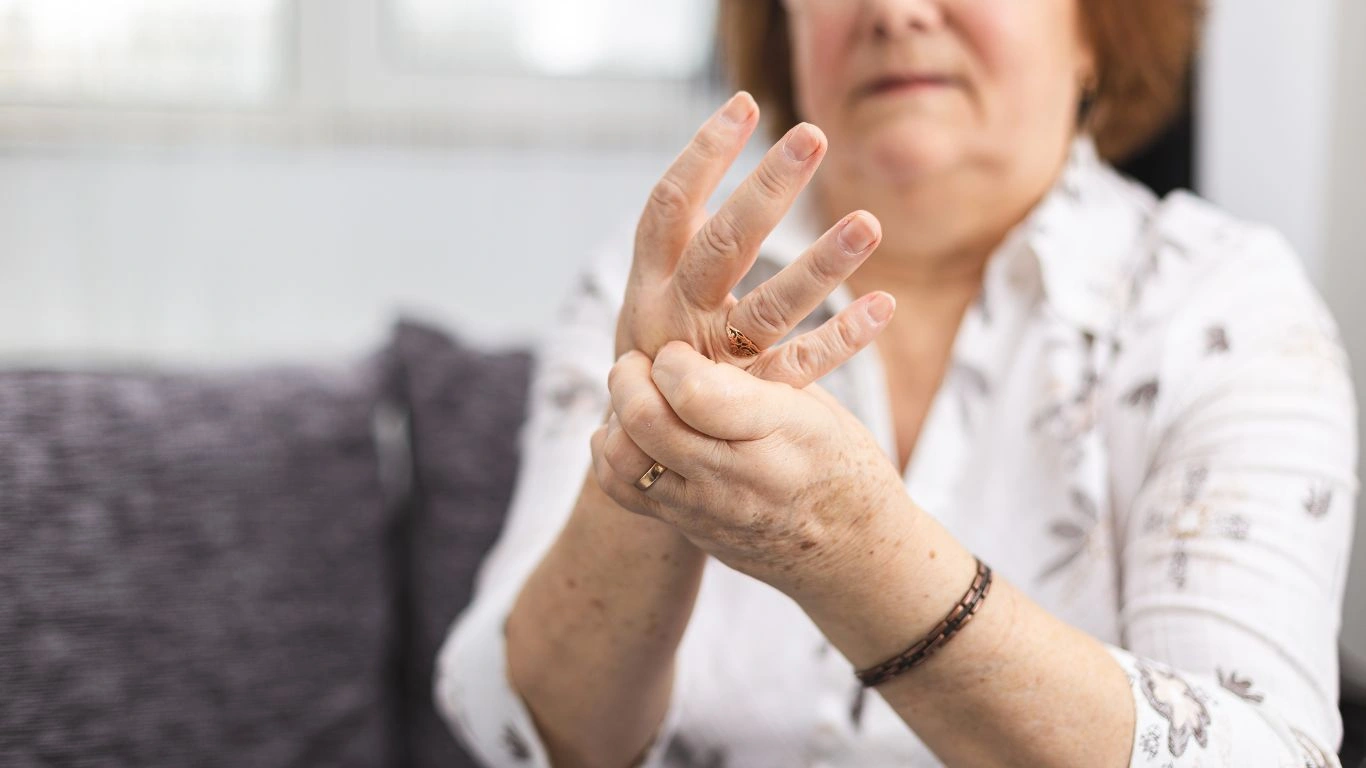
Weekend flare-ups always seem to hit when you’ve got big plans, right? Zoo trips, birthday parties, or just a family hike you were actually looking forward to. When the pain kicks in, the disappointment can feel twofold—yours and your kids’.
What’s helped me most is having flexibility built into our family culture. We’ve learned to have Plan A, B, and C—sometimes D. And while it took time, my family now understands that if I need a break, it’s not because I don’t want to be with them. It’s because I need to recharge to be fully present later.
Low-Energy, High-Connection Activities
- Movie and blanket forts: You stay off your feet, they get excited about popcorn and pillows.
- Craft days: Set up at the table and get creative together without having to move around.
- Storytelling or audiobooks: Let imagination take the wheel when your body needs rest.
Remember: connection doesn’t require constant motion. Sometimes the stillest moments are the ones that stick with your kids the most.
Building a Support System That Actually Supports
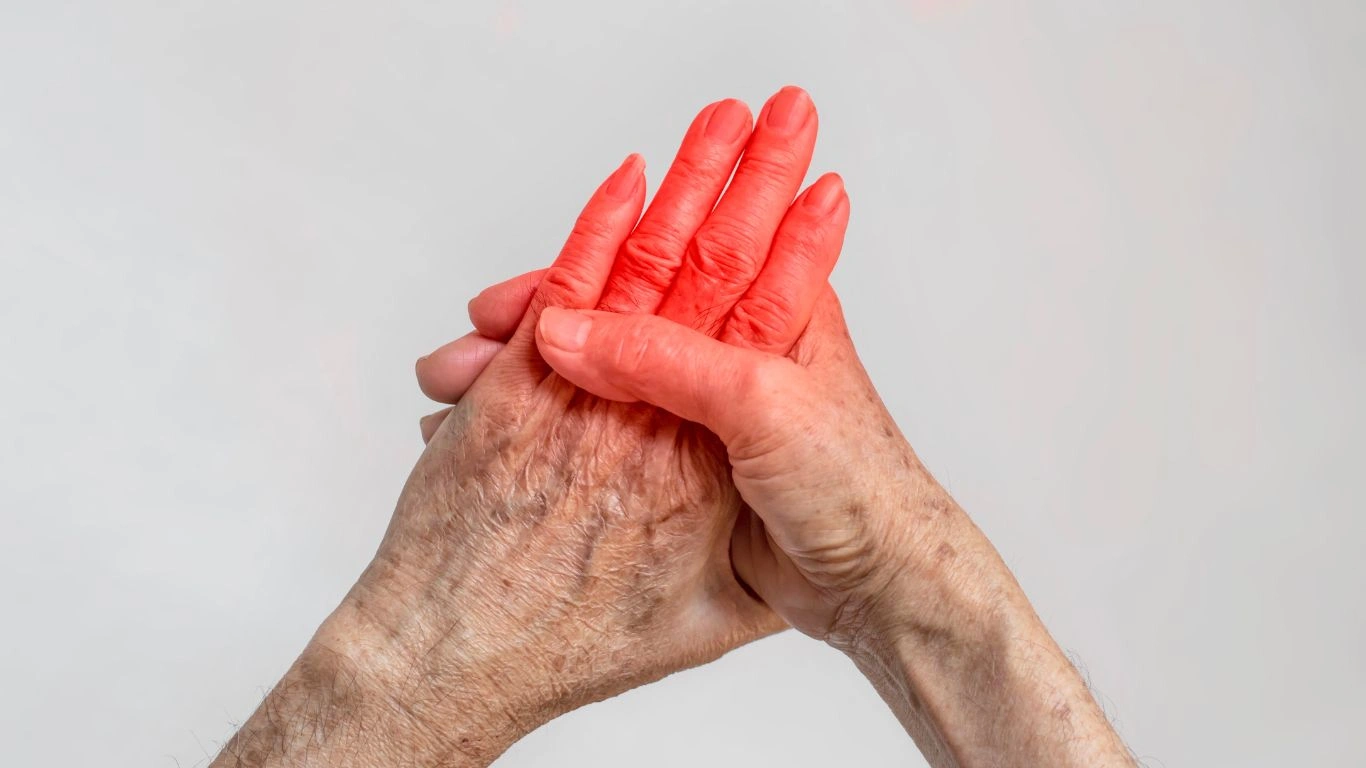
One of the hardest things about coping with RA as a parent is asking for help—and I get it. I’m the type who would rather figure things out on my own than inconvenience anyone. But let me tell you from both personal and professional experience: trying to do everything solo with RA will wear you down fast. You need people. Your people.
That support doesn’t have to be a huge village. Even a handful of understanding friends or family members can make a world of difference. I once had a neighbor who would take my son to the bus stop on cold mornings when I just couldn’t manage the walk. It took me weeks to even ask—but once I did, she was more than happy to help. And guess what? It made mornings a little less overwhelming and gave me five extra minutes to gather myself.
Tips for Creating Your Support Web
- Be honest about your needs: People aren’t mind readers. Let them know how they can help—whether it’s running a quick errand or just checking in on rough days.
- Use technology: Shared family calendars, group texts, or apps like Cozi can help coordinate care and plans without repeating yourself constantly.
- Lean on professionals: Don’t underestimate the value of therapists, social workers, or occupational therapists. They’re part of your team too.
Support isn’t a luxury—it’s part of your care plan. And honestly, allowing others in doesn’t make you weak. It makes you smart and strong enough to know that doing it alone doesn’t prove anything.
Talking to Your Kids About RA Without Scaring Them
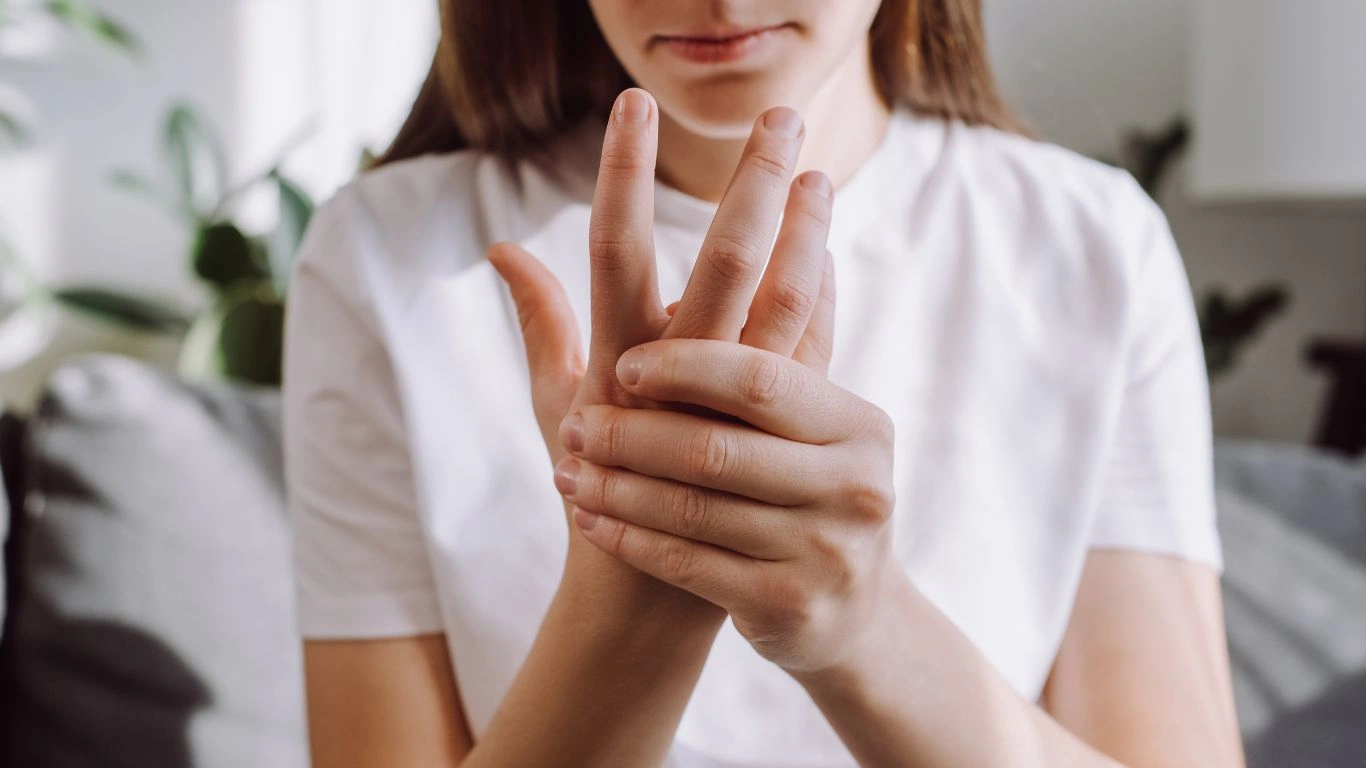
This part is tricky. You want your kids to understand what you’re going through, but you also don’t want them to worry or feel like they need to take care of you. Over the years, I’ve had dozens of conversations with parents (and had a few with my own daughter) about how to talk to kids in ways that are age-appropriate and empowering.
What’s Worked for Me and My Patients
- Keep it simple: For little kids, say things like, “Sometimes my joints hurt, and it makes it hard to move fast. But I’m okay.” That’s often enough.
- Answer questions honestly: If they ask, “Will it go away?” it’s okay to say, “RA doesn’t go away, but I have doctors and medicine that help me feel better.”
- Let them help without responsibility: My daughter loves bringing me my heating pad when I’m hurting. It makes her feel helpful—but I always remind her that it’s not her job to take care of me. That balance is important.
Kids are observant. If you don’t talk about it, they’ll fill in the blanks with their own ideas—which are often way scarier than the truth. Giving them a sense of understanding helps them feel more secure and builds emotional intelligence too.
Self-Care Without Guilt: A Must, Not a Maybe
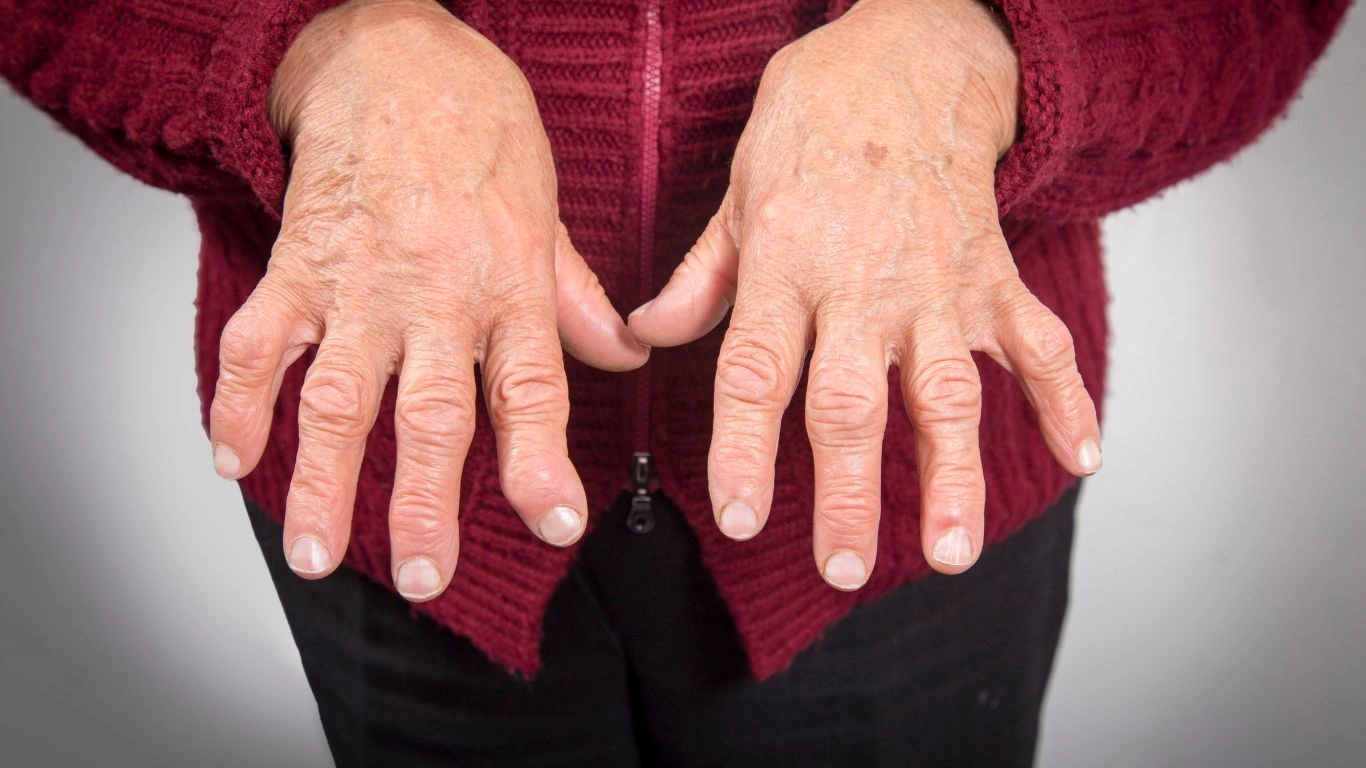
Let’s just say it: Parent guilt is real. Add chronic illness to the mix, and suddenly even taking a nap feels like neglect. But here’s the truth I had to learn the hard way—you can’t pour from an empty cup. If you want to be present and available for your family, you’ve got to give your body and mind the care they deserve.
Self-care doesn’t have to mean massages or spa days (though, hey, if you can swing it, go for it). Sometimes, it’s choosing to sit down for 10 minutes with your heating pad and a warm cup of tea instead of folding another load of laundry. Or finally making that follow-up rheumatologist appointment you’ve been putting off.
Low-Lift Self-Care That Works for Busy Parents
- Stretch first thing: Even five minutes of gentle movement helps ease stiffness and starts your day on the right foot.
- Batch cook on good days: Store meals for flare-up days. Your future self will be so grateful.
- Protect your energy: Say no to things that drain you unnecessarily. Prioritize rest without shame.
It’s not selfish. It’s survival. And more importantly, it’s a form of modeling for your kids—showing them that taking care of themselves is always a priority, no matter what life throws their way.
Maintaining Identity Beyond the Diagnosis

One of the unexpected struggles of living with RA as a parent is how easy it is to lose your sense of self. Between the demands of parenting and the unpredictability of RA, your identity can start to shrink down to just “Mom with RA.” But you’re still you. You still matter beyond caretaking and coping.
I’ve had to relearn this myself. I used to love painting—hadn’t touched a brush in years. One day during a rare pain-free afternoon, I picked up a small canvas and gave it a go. My lines were shaky, my hand cramped up halfway through—but it felt good. It felt like me.
Finding even small moments to reconnect with who you are outside of your roles is vital. It boosts your mental health, reduces stress, and reminds you that you’re still whole, even when your body doesn’t feel that way.
Planning Ahead Without Losing the Moment
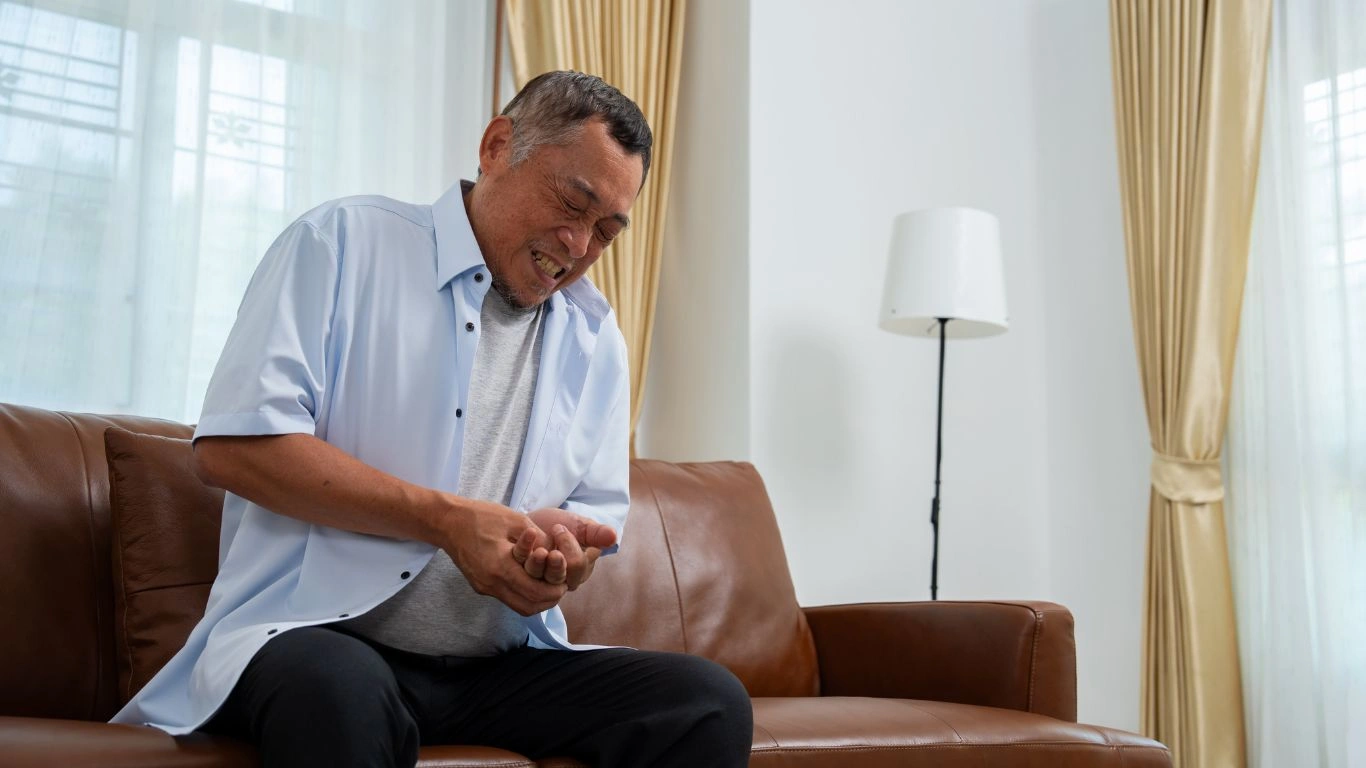
Let’s talk planning. When you’re living with RA, spontaneity doesn’t always play nice. One minute you’re feeling okay, the next you’re wiped out from inflammation or fatigue. I used to feel guilty canceling plans with my kids—or even worse, powering through and crashing hard after. Now, I try to plan smarter, not harder.
We keep a big family calendar on the fridge with our “must-dos” and “maybe-dos.” That way, when I feel a flare coming, I’m not scrambling. I’ve also learned to buffer in downtime after busy events. Birthday party on Saturday? Sunday is pajama day, no questions asked. Building that rhythm into our lives has made a huge difference in managing expectations—for them and for me.
RA-Friendly Family Planning Tips
- Batch your energy: Group errands or activities together on good days. Use flare days for rest—not guilt.
- Build flexible traditions: Taco Tuesdays can be takeout. Family movie nights don’t require sitting upright.
- Have backups ready: Keep a few “Plan B” activities ready for days you have to change plans last minute. Think puzzles, audiobooks, or a cozy fort-building kit.
The goal isn’t to be a perfect planner—it’s to create a lifestyle that adapts to your RA instead of fighting against it.
Connecting With Other Parents Living With RA
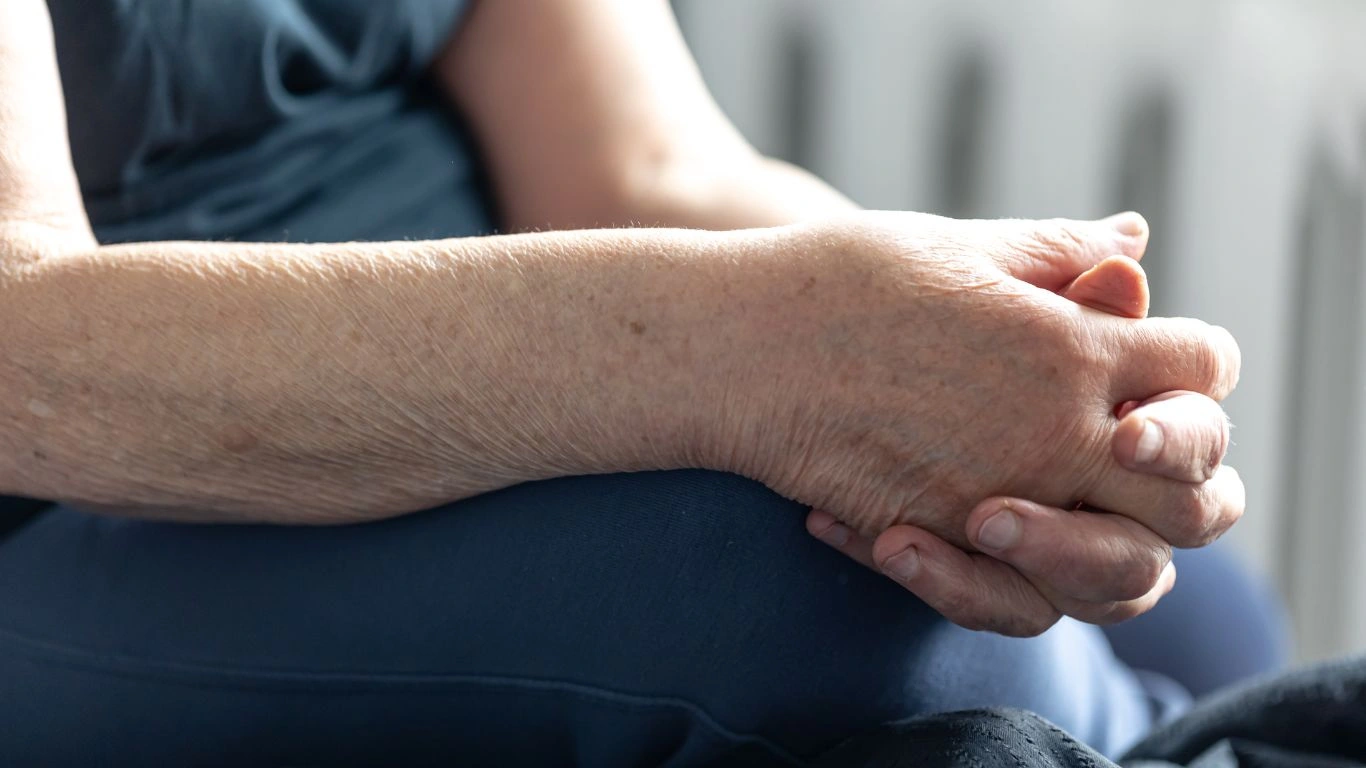
Something magical happens when you talk to someone who just *gets it*. Whether it’s another mom in your clinic’s waiting room or a parent in an online support group, those connections can feel like lifelines. I’ve met other parents with RA through patient education events and Facebook groups, and the solidarity is real.
Sometimes, it’s not about advice. It’s about hearing someone say, “Yeah, I had to cancel a playdate because I couldn’t get off the couch too.” That shared experience reminds us we’re not failing—we’re just adapting to a different kind of normal.
Where to Find Supportive RA Communities
- Arthritis Foundation – Offers forums, webinars, and resources tailored for RA families.
- American College of Rheumatology – For evidence-based info and connection to care providers.
- Healthline – Great articles, support communities, and lived experience stories.
If you’re feeling isolated, please know there’s a community out there that understands the highs and lows of coping with RA as a parent. Sometimes, the best medicine isn’t medicine—it’s being heard.
Letting Go of Perfection and Embracing “Good Enough”
I used to chase this idea that I could still be the same kind of parent I would’ve been without RA. Newsflash: that version of me doesn’t exist. And that’s okay. My kids don’t need “supermom.” They need me—flaws, flares, and all.
There’s something beautiful about teaching our kids that strength doesn’t always look like doing it all. Sometimes, it looks like asking for help. Sometimes, it looks like resting. And sometimes, it looks like laughing at a mess instead of crying over it.
So if no one’s told you today—you’re doing a great job. You’re showing up the best way you can. And your kids are lucky to have a parent who models courage, adaptability, and self-compassion.
References
Disclaimer
This blog is for educational and informational purposes only. It reflects my personal experiences as a healthcare provider and parent living with RA. It is not a substitute for professional medical advice, diagnosis, or treatment. Always consult your physician or qualified healthcare provider with questions about your condition or treatment plan.

Tarra Nugroho is a dedicated Nurse Practitioner with a strong foundation in family and preventive care. She brings both compassion and clinical expertise to her practice, focusing on patient-centered care and health education. As a contributor to Healthusias.com, Tarra translates medical knowledge into clear, empowering articles on topics like women’s health, chronic disease management, and lifestyle medicine. Her mission is simple: help people feel seen, heard, and informed—both in the clinic and through the content she creates. When she’s not caring for patients, Tarra enjoys weekend hikes, plant-based cooking, and curling up with a good health podcast.

